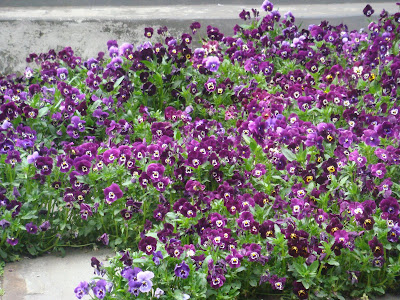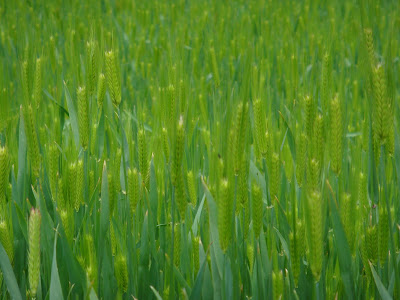This was our first trek. Lukla to a village called Phakding.
No one knew the exact distance, not even our guides. Someone said 5 – 6 kilometers.
Someone in my troupe who used an instrument to measure distance said 8 kilometers. Weird. I trekked for a month in the Indian Himalayas and the length of every trail was known.
The vegetation around was colourful – flowers, foliage, barks and leaves alike.
Cloudy foggy weather though good for trekking is bad for photography. But now when i look at the pictures, i think the clouds and fog given the pictures a special, unearthly, dreamy, unreal quality.
These red flowers reminded of a flower ‘Buras’ that i had seen in my Himalaya trek in 2008 in Uttaranchal. Its juice was delicious. But this was a different flower.
The hanging bridge was an important feature of this trek.
Walking through abnadoned wildreness, suddenly after a bend, you came across a pictureque retaurant like this. And after the next bend, it was wilderness again.
Sometimes there were cultivated fields flanking the trail.
Buddhist monasteries, prayer flags, stupas and sacred writings. As you enter the mountains, you find mostly Buddhist people.
Dudhkoshi river – blue green after its confluence with Botekoshi coming from Tibet.
Dudhkoshi comes from a pond in Gokyo that is white in colour like milk and hence the name.
I trekked mostly all alone to keep my field of view clear of people during photography.
I did not rest stop even once during the trek. Except for taking pictures.
Thanks to those who were sensitive to stand aside, away from my field of view while I took pictures. There were a few who, even after I requested explicitly to stop for a minute, continued walking on the narrow trail causing me to wait until they had passed.
Well, there are two types of people in this world – those who stop for others and those who don’t!
: ) every predicament offers some opportunity for philosophy.
And finally we reached. This was our hotel.
It was cold. People were sitting huddled together, shivering, holding hands and all.
A surprise awaited me (all of us) at Phakding. If you wanted to use electricity to charge your phone, camera etc., you were charged 100 Nepalese rupees per hour.
‘It gets more expensive as you go up’, we were told.
‘I will have to be more judicious while taking pictures’, I thought.
One bucket of hot water cost 100 rupees.
One mug for washing face cost 10 rupees.
All kinds of jokes started were going around. Context is a powerful thing.
There were jokes about the idea of people bathing together, not bathing at all. A boy was rubbing another to keep him warm – and that triggered this idea of people sleeping with a bucket of cold water in between them in the night so it would become hot by morning and they could save money.
People joked about dividing the job of photography as well when they learnt electricity had to be paid for through the nose.



























































No comments:
Post a Comment